The World Association for Sport Management (WASM) 2023 Conference in Doha was promoted during a panel discussion hosted by Hamad Bin Khalifa University and Qatar University. Panelists emphasized that the FIFA World Cup Qatar 2022 will be a significant tool for correcting false perceptions of Muslims, the Arab world, and the Middle East.
The panel discussion held at the 3-2-1 Olympic Museum was themed “Looking Back, Moving Ahead – The New Era for the Sport Industry in Qatar and Beyond.” The event discussed the impact of Qatar hosting the World Cup on the region while using the previous editions in Germany (2006), South Africa (2010) and Russia (2018). The panel also noted the legacy impact of the tournament, sustainability, Qatar’s global sports hub status from the 2006 Asian Games to the present day, and the 2030 Asian games, which the country will hold as well as a potential bid for the 2036 Olympic games.
Participants in the panel included Dr. Ahmed Al-Emadi, Professor of Sport Management at QU and WASM 2023 Co-Chair, Dr. Kamilla Swart-Arries, Associate Professor and Director of the Sport and Entertainment Management Program at CSE, HBKU, and WASM 2023 Co-Chair; Dr. Holger Preuss, Professor for Sport Economy and Sport Sociology at Johannes Gutenberg-Universität Mainz; Eng. Fahad Ebrahim Juma Muhana, Director, Strategy and Projects Department (SPD), Qatar Olympic Committee. The discussion was moderated by Dr. Othman Althawadi, College of Business and Economics at Qatar University.
Qatar will host the World Cup from November 20 to December 18, later this year. With 65 days to the global tournament, authorities have constantly hammered on the tournament’s regional significance, breaking barriers and merging cultures.
“Despite being a small country, we have proved to have a great potential to host global events. I remember when Qatar got the hosting rights to the World Cup in 2010, our leaders said this event will be for the whole Arab nations and Muslim countries,” Dr. Al-Emadi said.
“With nearly two million spectators coming to Qatar, they’re going to learn about our culture and history, which I think is one of the main things for me as a citizen. This will bring a great change to the Western media in the near future. I encourage every citizen, resident, to truly represent our culture and our religion as well, and to be a good ambassador.”
Dr. Al Emadi added that the tournament would change people’s mindset, especially in the media, and prove that geographical size doesn’t matter and a state like Qatar can host an event of this size.
Stressing the impact of hosting the World Cup on a country’s image, Dr. Preuss said the 2006 World Cup in Germany also changed the stereotype associated with Germans.
Everyone believed that Germans were too conservative and didn’t like to party before 2006. They are constantly working, busy, and so forth. When the World Cup arrived, there was a huge celebration. After the tournament, according to numerous studies I’ve read, people’s perceptions of Germans shifted as they realized they could be entertaining and witty.
“These major occurrences attract so much attention that they effect change.”
The panel also stressed the importance of capitalizing on the World Cup’s momentum to create a lasting legacy of local capacity-building and skill-development among small and medium-sized businesses.





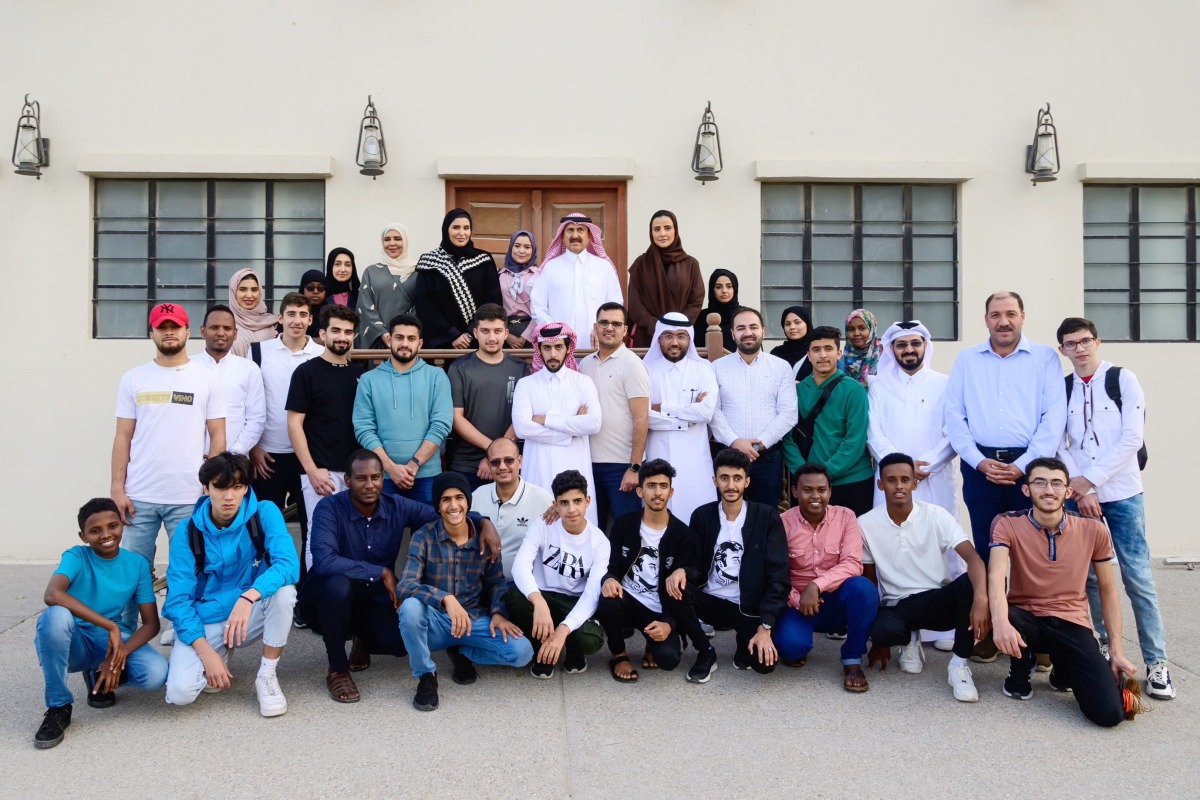
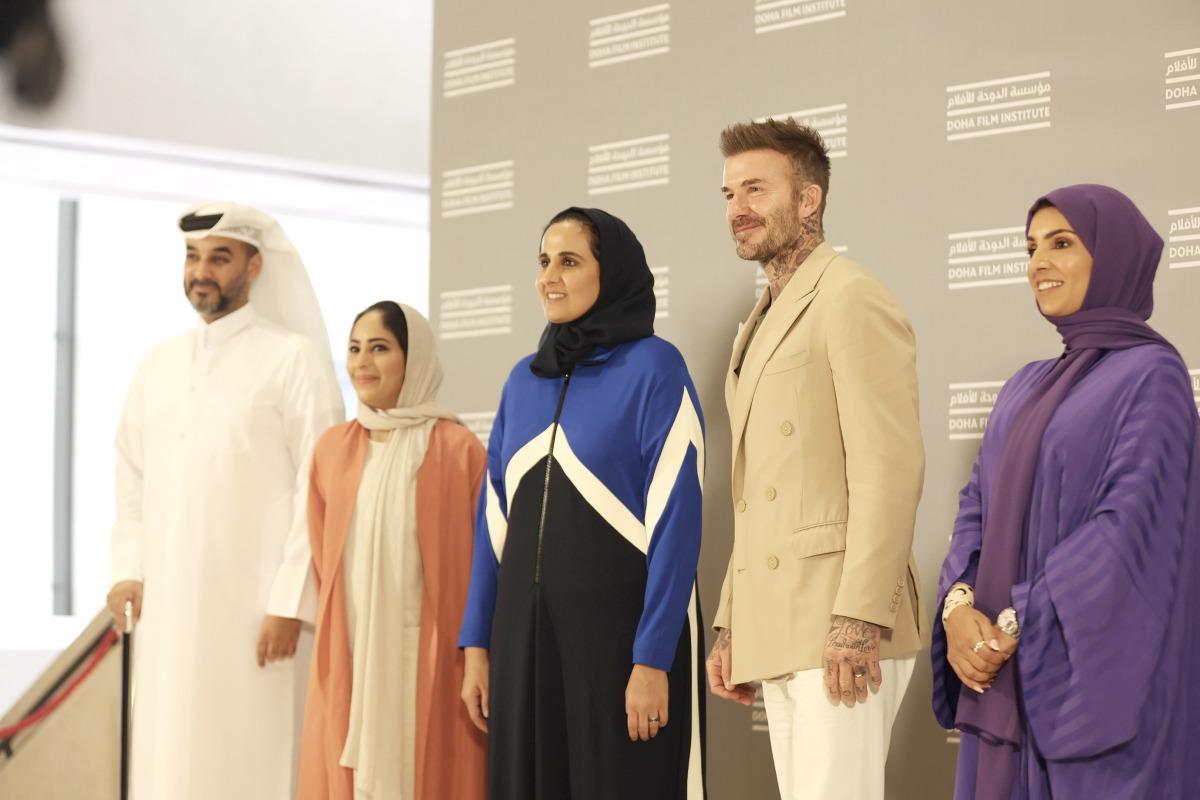
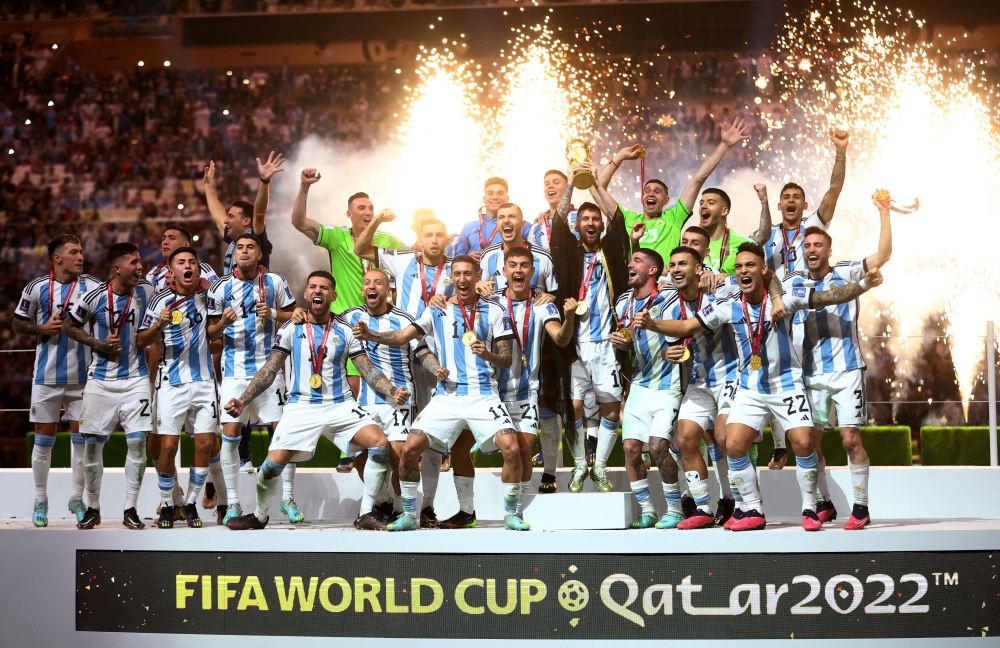
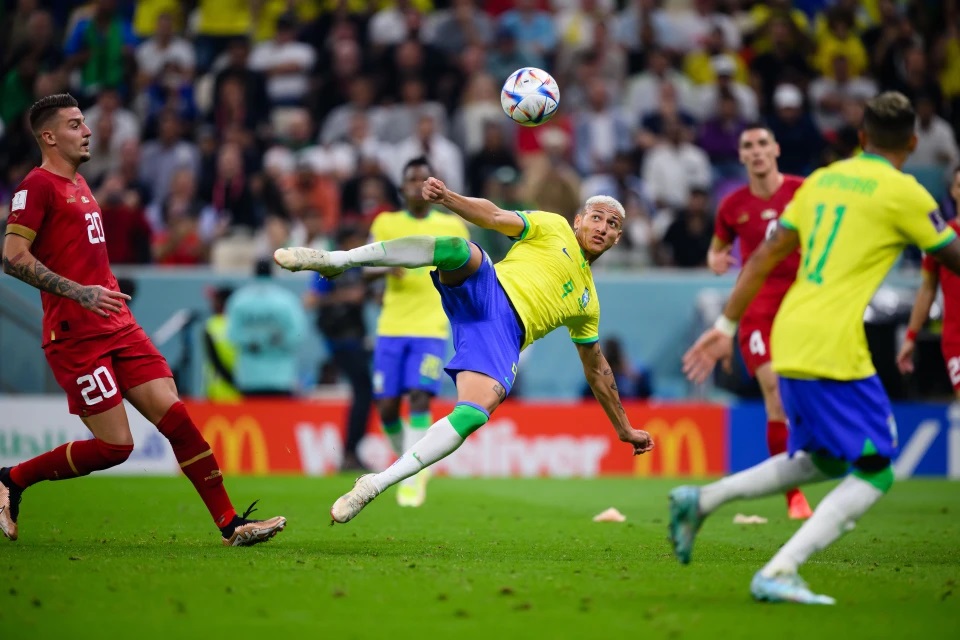



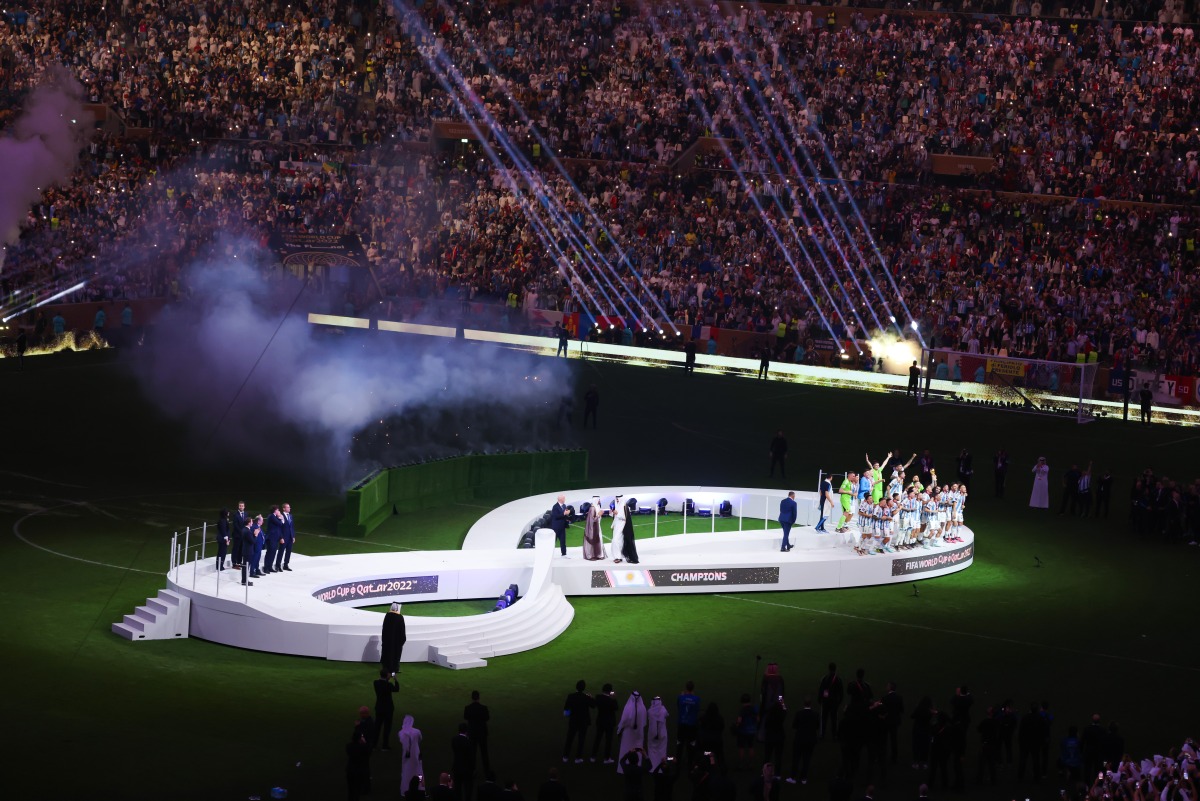




Leave a Reply